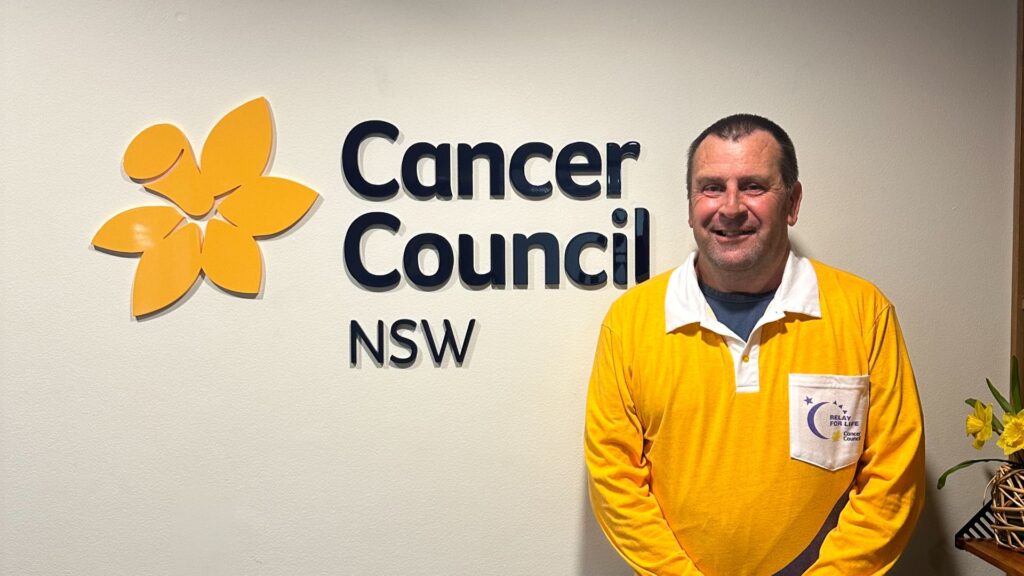
Lung cancer screening is new in Australia and has the potential to change thousands of lives by catching lung cancer earlier, often before any symptoms appear.
The test involves a simple, low-dose CT scan and is free for eligible people with a history of smoking aged between 50 and 70 (more information below).
For Brad, a Cancer Council volunteer, deciding to get tested is a no brainer. He's doing it for peace of mind and reassurance that he's doing everything he can to do the things he loves, like playing and umpiring cricket.
A conversation with his GP changed everything
For Brad, it started with a routine visit to his GP.
"I went to my GP a couple of weeks ago, and she brought up the subject of lung screening because she knows I smoke," Brad recalls. "She asked if I would be interested in a lung screening test in December. I had a bit of a think about it. And then I got an email."
That email came from Cancer Council, reinforcing what his GP had said just 24 hours earlier.
"I was a bit taken aback because I smoke - but not as much as I used to. I've cut down heaps. But I thought it would be a good thing to know if there is a spot. Because it'll be able to pick things up before it's too late."
It was an easy decision for Brad, because as he puts it, "it will give me peace of mind."
Why screening matters and who it's for
Lung cancer is Australia's leading cause of cancer death, but early detection changes everything.
When found at stage one, the five-year survival rate is around 70%. By stage four, it drops below 5%.
Screening can find lung cancer before symptoms appear, giving people more treatment options and better outcomes.
From July 2025, eligible Australians can access free lung cancer screening through a new national program.
Here's what you need to know:
- Who's eligible? People aged 50-70 with a smoking history of 30 pack-years or more (current smokers or those who quit in the last 10 years).
- What's a pack-year? One pack (20 cigarettes) a day for a year = one pack-year.
- How does it work? Your GP checks eligibility and refers you for a low dose CT scan. The scan is quick (10-15 minutes), non-invasive, and usually done every two years.
- What happens next? Results go to you and your GP, and the National Cancer Screening Register will let you know when it's time for your next scan.
As Brad puts it, "my GP explained to me early detection means a lot more treatment options. Sometimes it might be too late otherwise."
From worry to action
Brad knows that some people hesitate, saying "if you're unsure or scared, go and speak to someone. Sit down with a parent or sister or sibling or whoever. And if you need, take them with you".
"I suggest everyone over 50 go and get it done - if you've had a history of smoking," he adds.
As Brad sees it, the message is simple: "Don't put it off. It'll make your conscience clear."
Early detection saves lives, and for Brad, choosing to get screened will be a decision he knows he will not regret.
Talk to your GP about lung cancer screening.






